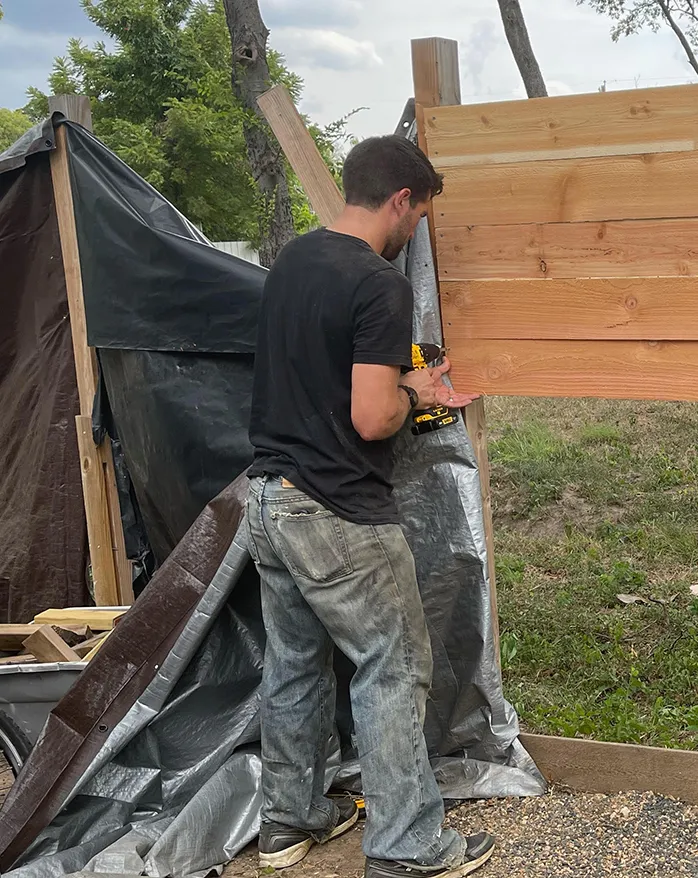
Community Frontline’s mission is to mobilize men to enter into and alleviate the suffering in their communities, starting with neighborhoods in East Fort Worth.
Mission Statement
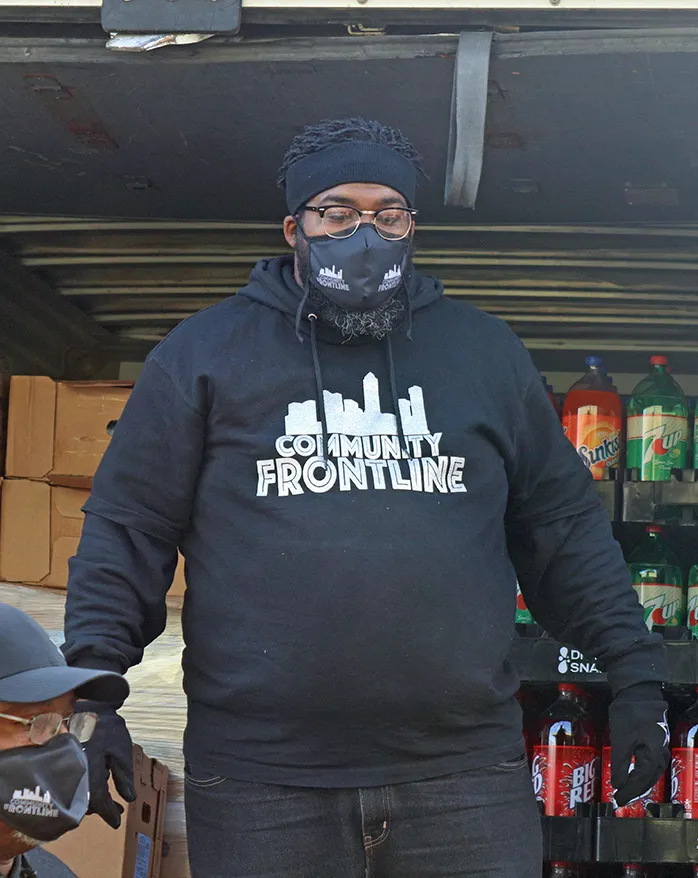
We focus on four pillars: (1) racial justice and solidarity, (2) police/community relations and accountability, (3) mentoring and education, and (4) community beautification and development.

Community Frontline’s mission is to mobilize men to enter into and alleviate the suffering in their communities, starting with neighborhoods in East Fort Worth.

Fannie Lou Hamer
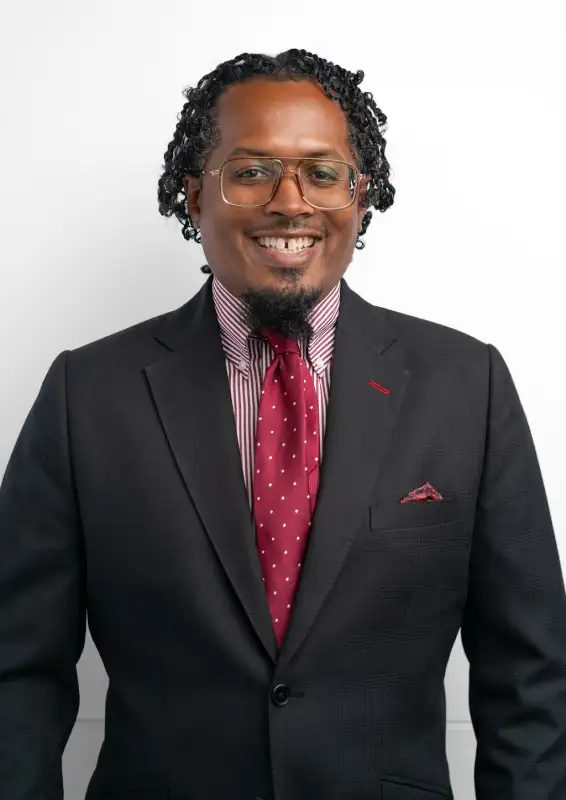
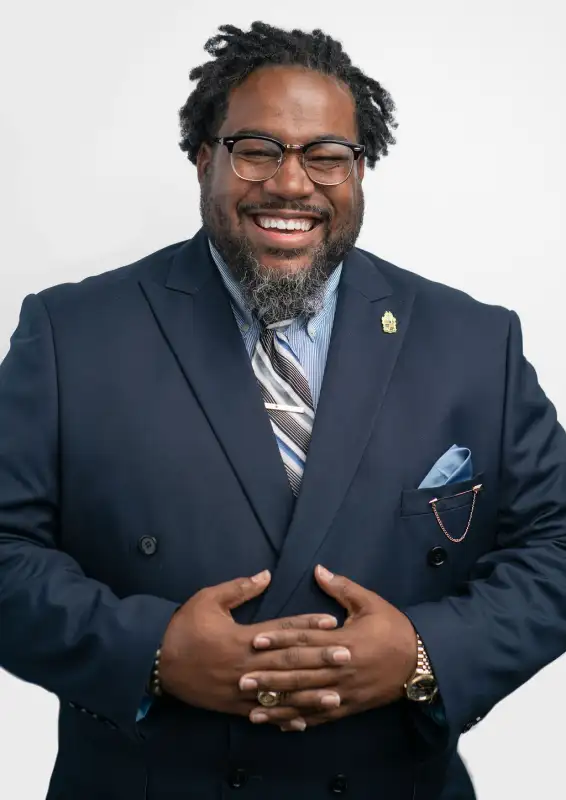
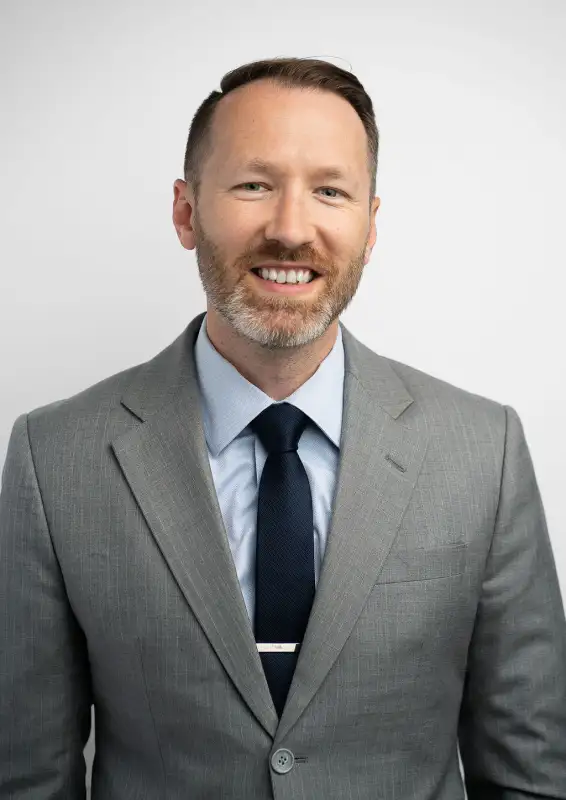
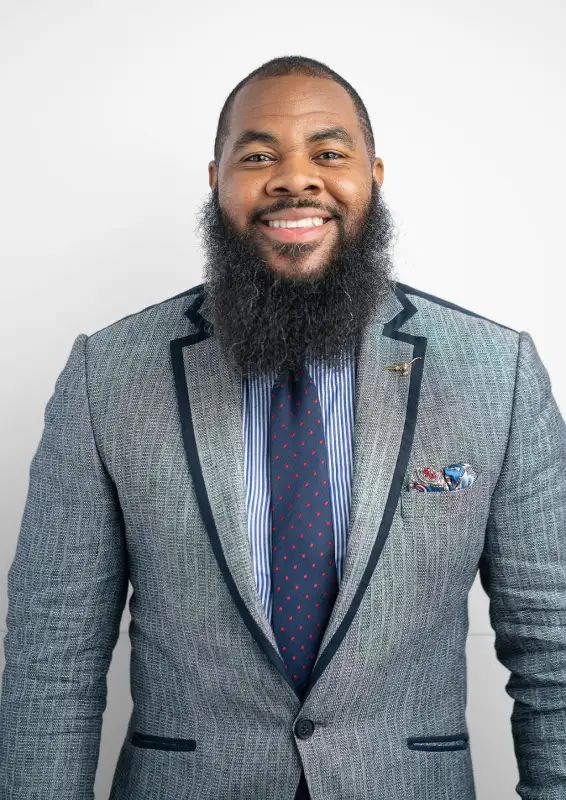
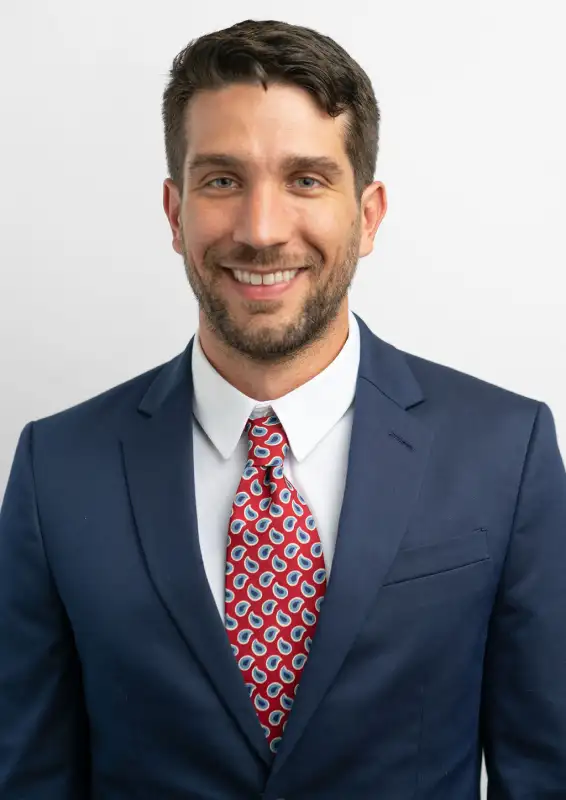
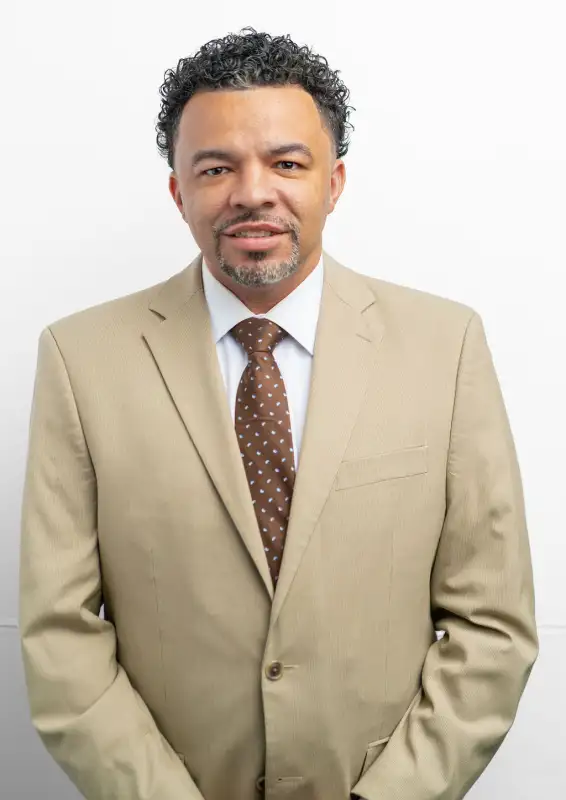
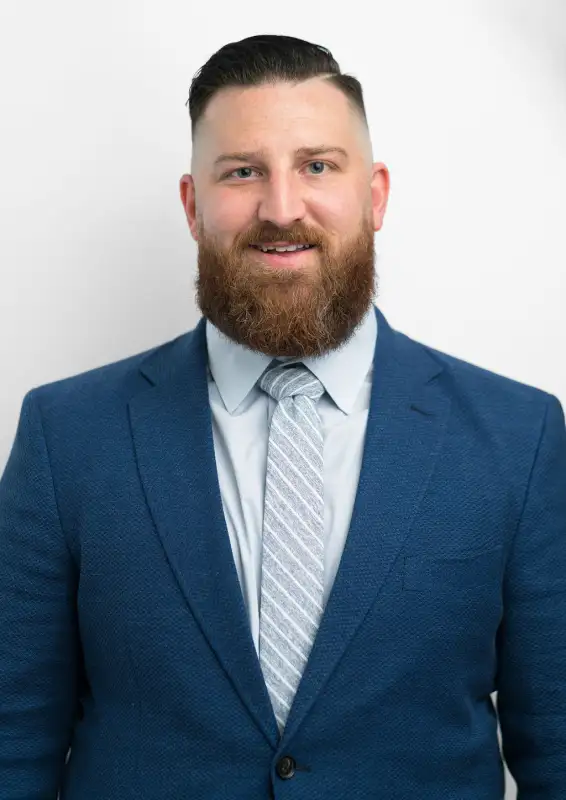
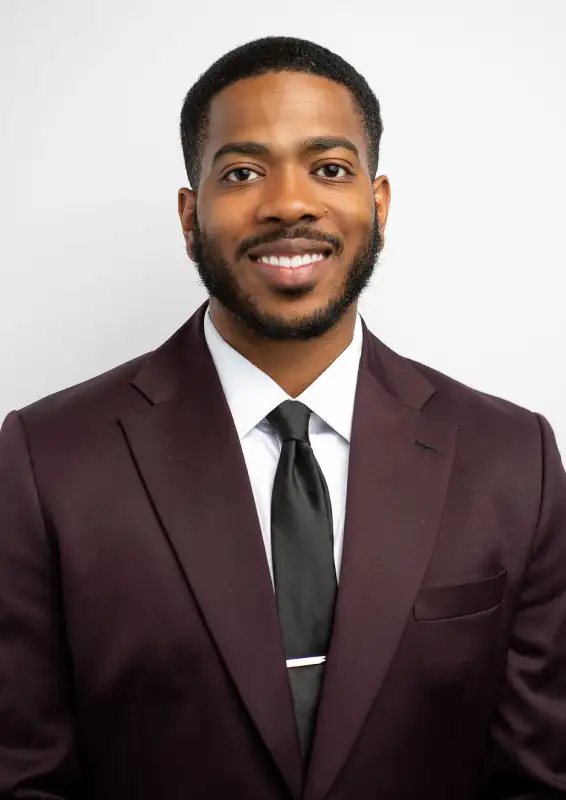
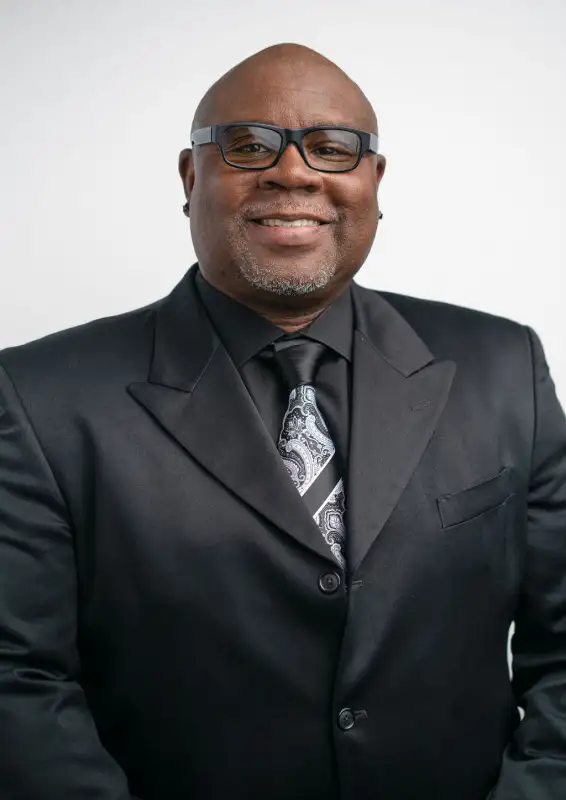
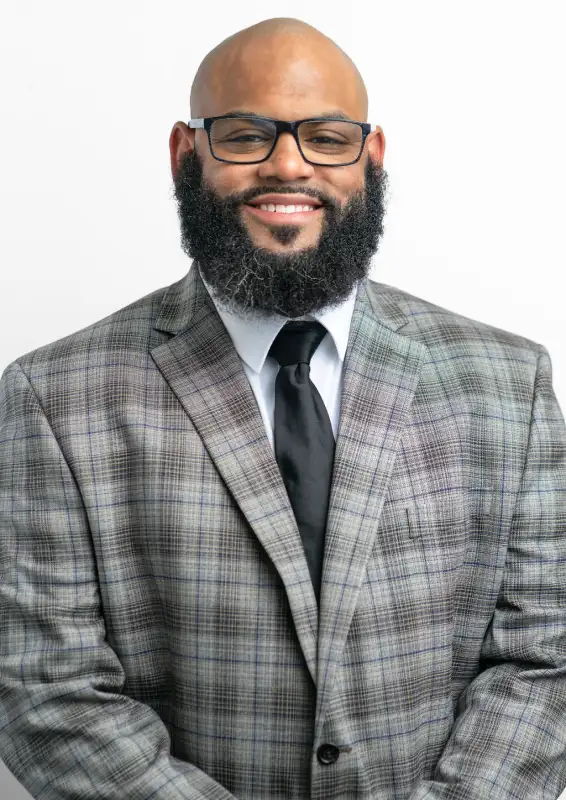

Community Frontline is a registered 501(c)(3) non-profit organization.
© 2021 Community Frontline. All rights reserved.
Notifications